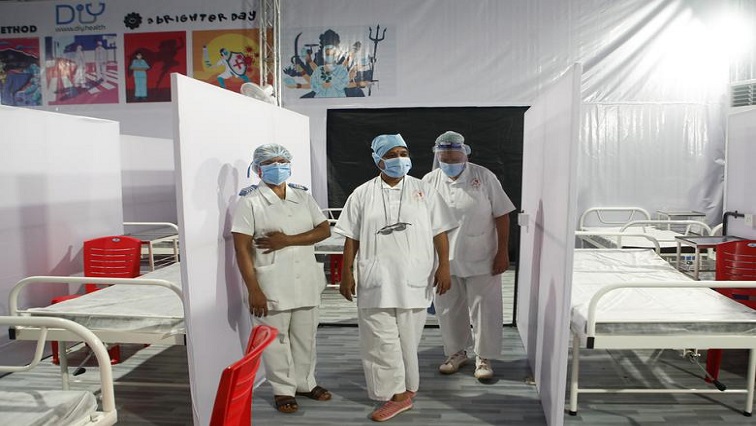The Dullah Omar Institute at the University of the Western Cape has hosted a COVID-19 webinar, where issues including access to healthcare and the promotion of human rights during the pandemic were looked at.
UN Special Rapporteur on Health Rights, Dr Tlaleng Mofokeng, says the COVID-19 pandemic is continuing to highlight inequalities in healthcare systems across the globe. She says historical challenges which poorer people face make it difficult for them to access proper healthcare services and vaccines.
She says the promotion of human rights should be the foundation of any policies to respond to the pandemic.
“We know that in any situation, the disproportionate negative impact affects those who are already vulnerable and finding themselves in vulnerable situations and we must be vigilant at this time and we’ve already seen in different parts of the world, to policy changes that lead to further marginalisation and violations of rights of people in vulnerable situations,” says Dr Tlaleng Mofokeng.
A lecturer from the Law School at Harvard University, in the US, Alicia Yamin says civil society can play a crucial role to formulate policies to respond to COVID-19.
She was also speaking during the webinar. Yamin says the World Health Organisation is not doing enough to deal with the impact of the pandemic globally.
“The only thing that ever really forces change, is civil society and mobilisation. That can be done in conjunction with the UN system and the universal language and values that human rights represents,” says Yamin.
Meanwhile, a Professor from the Reproductive Health and HIV Institute at Wits University, Francois Venter, says the South African Government should be investing more money in the country’s healthcare system. He says the coronavirus has exposed the lack of capacity in the sector due to underfunding.
“What it does expose in Africa and I’ll use South Africa as an example, is the gross under investment in health. Depending which metric African countries have signed up to, they supposed to be spending 12 percent of their budget. African countries and many middle income countries have infinite facilities to fund their military, to fund grand adventures in sports stadia and world cups and things like that, but don’t invest in their healthcare systems,” says Professor Francios Venter.
The next webinar which the Dullah Omar Institute will host, which will look at the financial impact of COVID-19 on local and district municipalities, is scheduled to take place next week Wednesday, the 24th of March.






